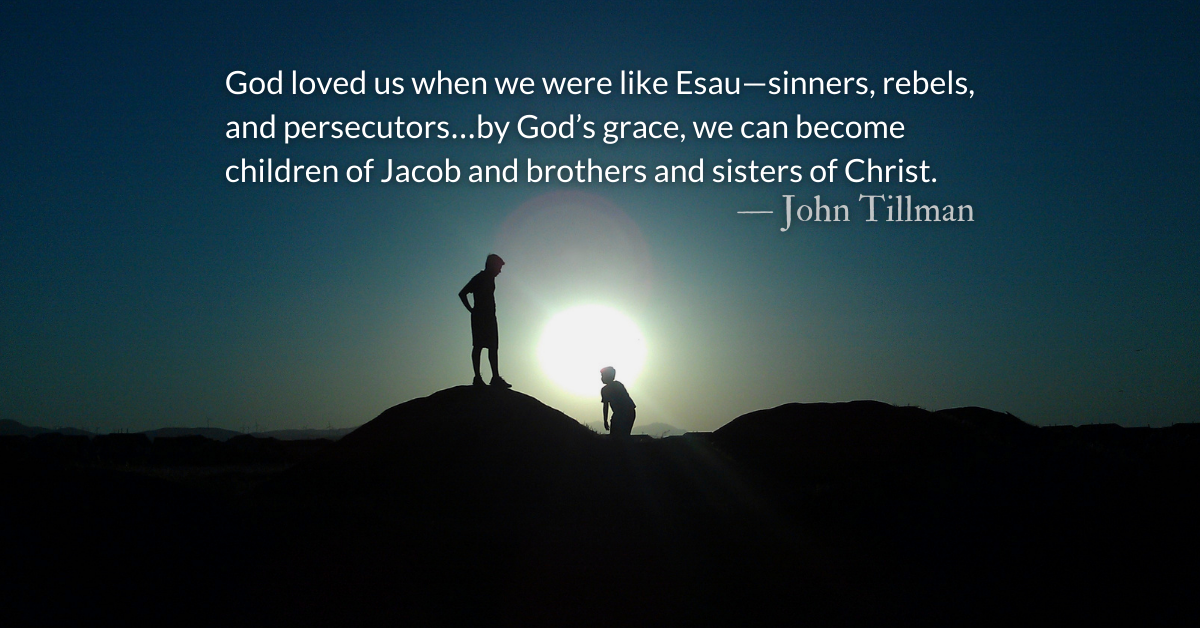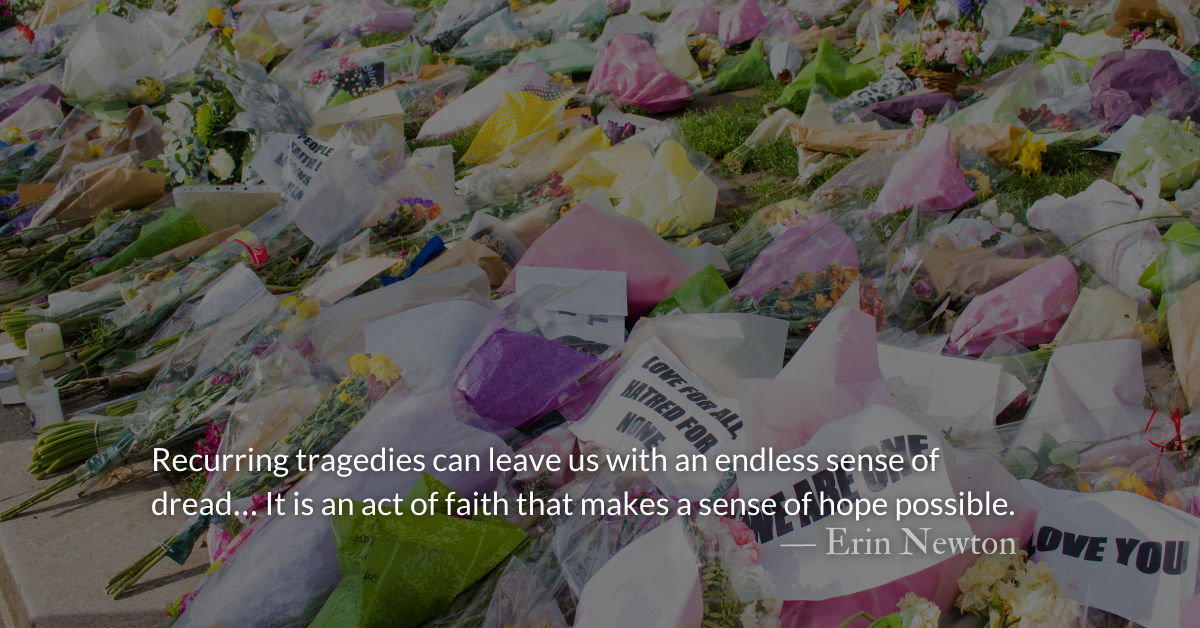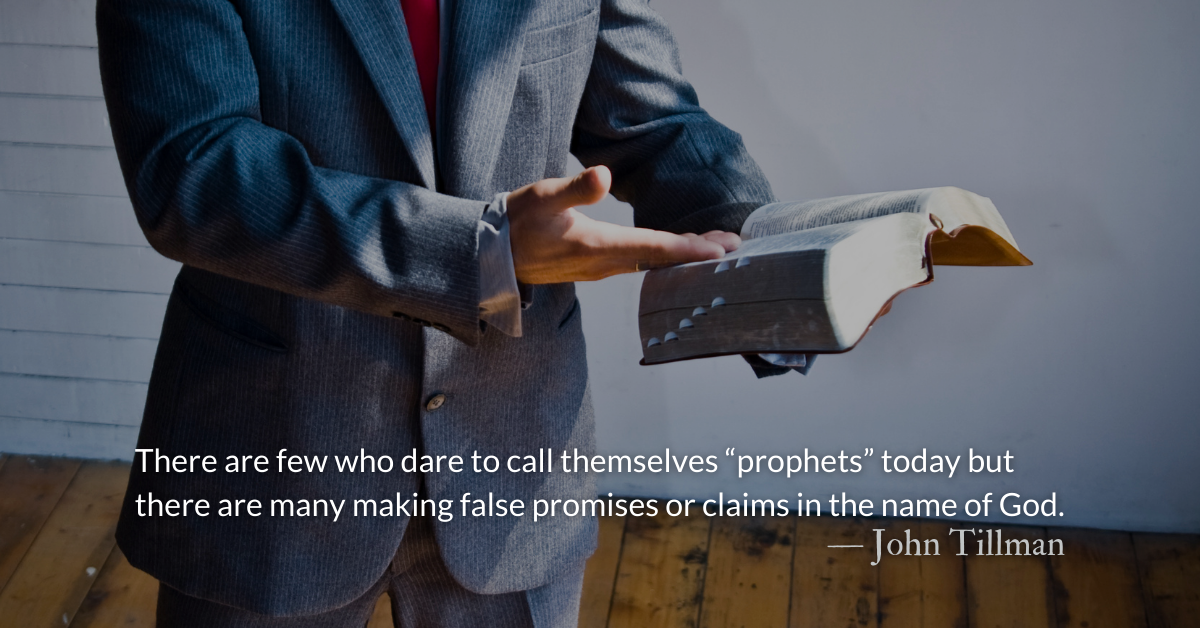Scripture Focus: Isaiah 1.12-15
12 When you come to appear before me,
who has asked this of you,
this trampling of my courts?
13 Stop bringing meaningless offerings!
Your incense is detestable to me.
New Moons, Sabbaths and convocations—
I cannot bear your worthless assemblies.
14 Your New Moon feasts and your appointed festivals
I hate with all my being.
They have become a burden to me;
I am weary of bearing them.
15 When you spread out your hands in prayer,
I hide my eyes from you;
even when you offer many prayers,
I am not listening.
Luke 18.14
14 “I tell you that this man, rather than the other, went home justified before God. For all those who exalt themselves will be humbled, and those who humble themselves will be exalted.”
Reflection: Wearisome Worship
By John Tillman
Many people struggle to feel welcomed by God. It is a frightening thing to think that we might trample God’s courts with worship that is annoying to him rather than pleasing.
Jesus went to great lengths to make it obvious that God would welcome sinners, tax collectors, prostitutes, foreigners—those who made religious people uncomfortable. Yet, here in Isaiah and in the ministry of Jesus, we find that some of the nation’s most righteous-seeming people, the ones who should be comfortable, are rejected. (Luke 18.9-14) The most observant of rule-followers find God averting his eyes from their worship and stopping his ears to their prayers. Why?
Listening to Isaiah, it’s easy to forget that most of the kings he served under were good kings who, on the whole, were faithful to God. External indicators looked good. The spiritual reality was quite different. People attended worship in trampling mobs but few attended to the justice and righteousness God desired.
Here are a few heart checks for our worship from Isaiah’s warnings. (Isaiah 1.15-17)
Are you “clean?”
“Your hands are full of blood!”
This blood represents suffering for which these worshipers were responsible. What suffering have you caused or could have eased? Are you deaf to suffering? Are you hard-hearted? Are you closed-handed?
Will you repent?
“…stop doing wrong. Learn to do right…”
To stop doing wrong you must learn to do what is right. You cannot repent of what you claim is not sin.
Will you seek righteousness?
“…seek justice.”
Righteousness is not forcing others to live in obedience. Righteousness means surrendering your own sinful nature to be killed and replaced with Christ’s righteousness.
Who will you defend?
“Take up the cause of the fatherless; plead the case of the widow.”
Will you take up the cause of the oppressed, the fatherless, the widow? Not only the oppressed people you are comfortable with but the ones who make you uncomfortable?
Who will you correct?
“Defend the oppressed.”
“Defend the oppressed” can also be translated as “correct the oppressor.” Will you confront the powerful? And not just your enemies? Will you confront friends, as Nathan confronted David?
When we misrepresent God outside his house, our worship within his house is wearisome rather than welcomed. Let us represent God well, including welcoming all those whom he calls to himself. Those who humble themselves will be exalted. Let us be among this group.
Divine Hours Prayer: The Greeting
Restore us, O God of hosts; show the light of your countenance, and we shall be saved. — Psalm 80.3
Today’s Readings
Isaiah 1 (Listen – 4:36)
Matthew 16 (Listen – 3:43)
Read more about A Worn Out Welcome
When we go into the house of the Lord, is God glad we have come?
Read more about Prayers God Hates
What makes our prayers detestable is our actions outside of worship.











